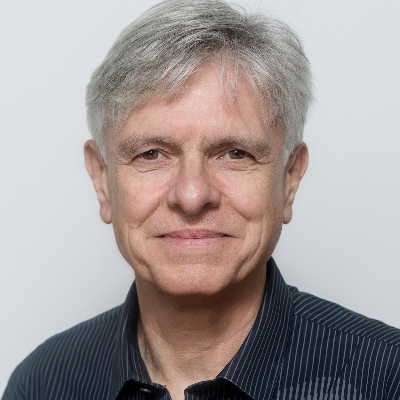Christoph was trained in Anesthesiology, Pain Management and Neuropharmacology at Ludwig-Maximilians University Munich, Germany, State University of New York, Brooklyn, University of Washington, Seattle, University of California, Los Angeles, and Max-Planck Institute for Psychiatry Martinsried, Germany.
He has extensive background in basic, translational and clinical research, and in treatment of patients with acute and chronic pain. After training, he accepted a faculty position at Johns Hopkins Hospital, Baltimore and established a research group at the US National Institute on Drug Abuse. In 1997 he assumed the Chair of Anesthesiology and Critical Care Medicine at Freie Universität/Charité Berlin, Germany.
His work is focused on the elimination of adverse side effects by selective activation of opioid receptors outside the central nervous system. In both experimental and clinical studies they investigated tolerance development, regulation, signaling, disease-specific conformations/ modeling of opioid receptors, and in vivo analgesic effects. In collaboration with the Zuse Institute of Applied Mathematics, Berlin, the group developed a novel pharmacodynamics-based concept for opioid analgesics devoid of adverse side effects. They designed a prototype compound (NFEPP) that is only active in acidic tissues caused by injury/inflammation, the site where pain is generated, but not in healthy tissues such as brain and gut.
Thus, NFEPP lacks the addictive potential and side effects of conventional opioids (sedation, respiratory depression, tolerance, motor impairment, constipation) and nonsteroidal analgesics (stroke, heart attack, gastric ulcers).



